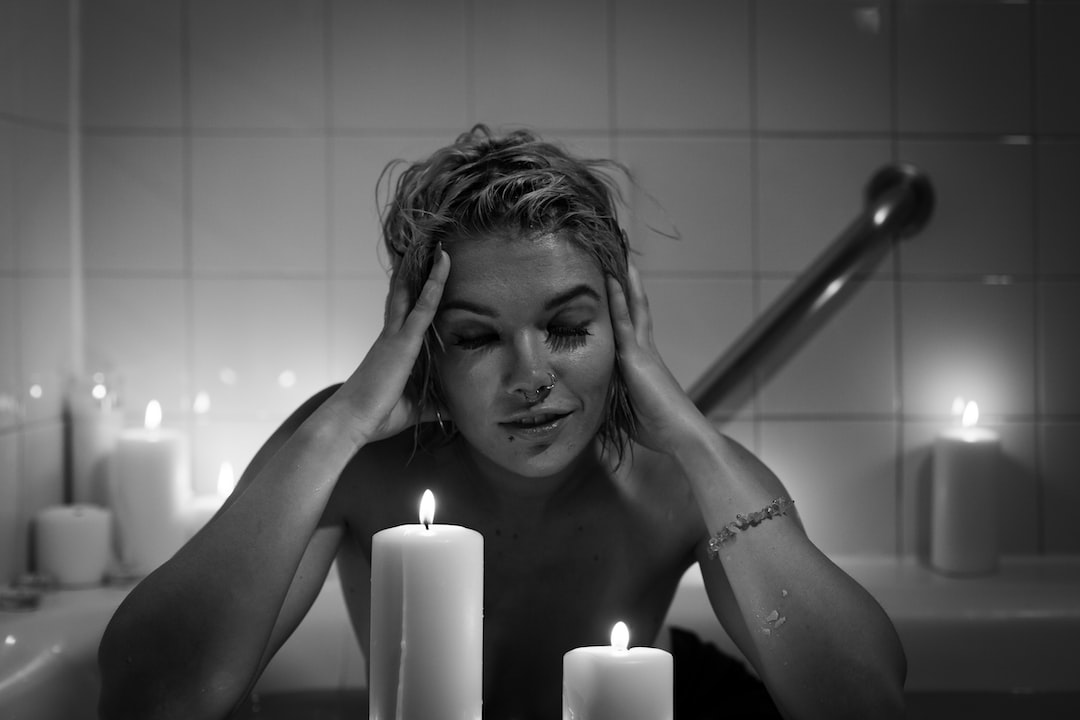What’s going on?
What does it mean when we lose ourselves? When we feel disconnected from family, work, life, and ourselves? I believe it’s true that we all lose touch with ourselves at some point in life – it’s the normal course of life. Whether you’re a middle-aged empty-nester trying to figure out what to do with your life now that your kids are off adulting; a woman who has lost your identity in being a mom and wife; or facing the end of a long-term relationship; or leaving trauma and oppression; maybe you are drowning in your career or your business?
Losing yourself means that you have put other people or other things first in line for your attention, love, and affection. It means that you have consistently prioritized the needs of other people over your own.
Whatever the reason, you know it happens when you look in the mirror and don’t recognize yourself. I remember the day I didn’t recognize the reflection of the person frowning back at me. She was exhausted, short-tempered, and didn’t speak nicely to me. She was actually more than a bit on the rude side! That person had no patience with me. She had no f@cks to give. She wouldn’t give me grace. She was not caring, gentle, loving, or respectful. In fact, she was about the only person in the world that I would allow to treat me with such little regard. It was me.
My identities were evolving as quickly as the ever-changing circumstances of my life. I found myself failing to set boundaries. I often overcommitted my resources because I was committed to saying yes when it wasn’t in my best interest. Pride wouldn’t allow me to communicate assertively. I rarely asked for what I needed. I didn’t practice self-care or self-love. As a result, I didn’t feel worthy, I failed to affirm my assets, and worse, I participated in negative self-talk. This level of losing yourself causes unhappiness and depression.
Most of us live through several identities at any given moment. Our identities are often the center of existence. They are dynamic and they are fluid. Some identities we choose for ourselves but many more we allow others to assign to us. Over the next few days, we are going to discuss what it means to lose yourself, why, and how to deal. How we respond to evolving identities directly impacts our level of confidence, joy, and fulfillment.

What it looks like
How do you manage your life when your identity changes without your awareness or consent? Wait a moment, let me ask another question first…
How did you think of yourself when you were younger? What identity did you hold for yourself that was based on your interests, values, and life’s desires?
For example, when I was younger, I considered myself brave. I presented like I was strong, decisive, and in control of my life. I thought I was both confident and assertive. However, over time, the external observations of myself were not compatible with my inner turmoil, procrastination, insecurity, and people-pleasing. In my mind, I practiced self-care. I believed in myself and thought I had the courage to go get what I want. In real life, I found myself drowning as a daughter, mother, wife, friend, colleague, boss, and citizen. I am certain there are others but those dominated my existence. Nonetheless, I was living a life that was unfamiliar and undesired.
There were many times I lost myself in all the identities, as well as the expectations that were dropped in my lap. The reflection in the mirror stopped representing me. When I looked in the mirror, I only saw all the characters I represented. I lost the essence of who I was.
I felt disconnected from my actions and habits. Most of which were not based on my own needs but rather the needs of everyone else in my orbit. This uncontrolled misconception of myself made me unhappy. At times, resentful. Because the framework I built for myself wasn’t real and it was hard to find joy. The standard I set for myself was a joke. I was a pushover. I was a workaholic, and I ran ragged to keep all the juggling balls in the air. I said yes when I should have said Heck No. I agreed when I disagreed. This reality often left me feeling fake. It caused me to self-sabotage success. It further caused me to detach emotionally. Apathy and indifference were my defense mechanisms…and I had mastered both.
Does this sound familiar
Perhaps you can relate? There are many causes for losing yourself, maybe these sound familiar. Here are a few experiences that negatively impacted the foundation of my identity. Let me know in the comments below if you can relate:
Losing yourself in a relationship: the ending of a codependent relationship and doing what makes your partner happy while not caring for your own may leave you feeling resentful. i.e. the breakup that leaves you isolated and unsure how to live a fulfilled life as a single person back on the dating scene.Losing yourself caring for others: Caregiver – parent, friend, sibling, employee, volunteer. The changing expectations of caring for parents vs caring for your children may cause you to feel disconnected. i.e. Daughter now caring for mom while still responsible for being a mom to your own children.Mental or physical illness: Lack of freedom, depending on others, and lack of autonomy each change how we define ourselves. Going from being a provider to having to depend on others may cause you to lose self-esteem and how you think of yourself as self-sufficient. i.e. Living with a disease that drastically changes your lifestyle and independence.Loss: Losing a loved one most certainly can cause you to lose your identity. The absence of someone who is central to your life may leave a hole in your life. The grief may cause you to lose a sense of your place in the world on your own. It further disrupts your sense of self. i.e. Suddenly moving through the world as a motherless child may empower you or make you feel powerless.
Now what?
It is incredibly important for women who find themselves lost to build their own happiness, outside of all of their identities. Please, remember dedicating yourself wholeheartedly to the happiness of others while neglecting your own, will not make you feel good, in the long term. Relationships should be mutually beneficial. In addition, relationships must be nurtured while the actions, decisions, and emotions of each are invested in making the relationship wholesome. This way, no one is running empty, and all cups are filled and replenished when necessary.
It is also important that you stay your own person. It’s unhealthy to enmesh yourself in each of your identities. It is critically important that you live in awareness, be authentic, and be true to yourself, first. When you are healthy and whole, you are in a better position to stand confidently through life.
You are the most important person in your life. Learn to prioritize your values, standards, needs, and wants. Establish clear and healthy boundaries. and communicate them with transparency. In the end, the most important thing is to be who you truly are. Allow yourself to be vulnerable, it’s your superpower. Pretending to be strong at all times is generally not healthy.
If you are a BIPOC, you probably identify as being a strong woman. I understand we do this because it feels like we don’t have a choice. This issue is when we subscribe to being strong, people expect you to be this way all the time. They fail to check on you or check in to make sure you’re ok. People tend to overlook the needs, pain, and suffering of strong women because they can’t see them as needing help. When we buy into this notion, we do more harm to ourselves than we can stand. Over time this behavior can be detrimental.
Vulnerability is your strength. Reframe how you perceive being vulnerable. It’s your gift. It exemplifies what’s really important to you. Don’t be afraid to speak your truth. Be assertive. Be determined. Persist. Get your need met. It’s not selfish. Taking care of yourself is the best way to thrive.
Self-love, true happiness, and your safe spaces lie in self-care.
What would it be like if we didn’t subscribe to any identities? What if we just live as we are? We serve others better when we show up in the world confidently, standing tall in our authentic liberated brilliance. How about we just do that, moment by moment.
Are you comfortable being vulnerable? Are you confident enough to ask for help when you need it? Do you love yourself enough to prioritize your health and wellness? Let’s talk about it.

Share
Tweet
Pin
Share
It’s Your Turn. Get Your Voice in the Conversation
Share your thoughts below, I’d love to hear from you.

Leave a Reply
You must be logged in to post a comment.